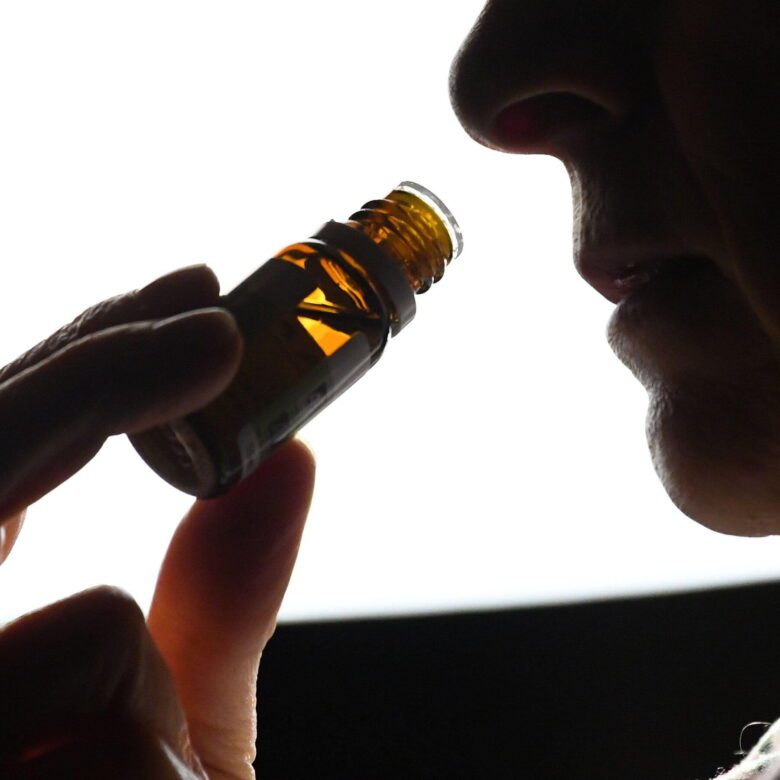Perfumes are a fascinating blend of various aromatic ingredients that create a unique scent. However, one intriguing aspect of perfumes is that they can sometimes smell different on different individuals. This phenomenon has puzzled perfume enthusiasts and wearers alike, leading to the question: Can perfumes change their scent on different individuals? In this article, we will explore the factors that contribute to this intriguing phenomenon and shed light on why perfumes can smell differently from person to person.
Body:
- Body Chemistry:
One of the primary factors that can cause perfumes to smell different on different individuals is body chemistry. Each person has a unique body odor based on their genetics, diet, lifestyle, and even skin pH. This individual body chemistry can interact with the fragrance molecules in a perfume, leading to variations in how the scent develops on the skin. The natural oils and sweat produced by our bodies can also interact with the perfume, altering its composition and influencing the final scent. - Skin Type:
The type of skin a person has can also impact how a perfume smells on them. Dry skin tends to absorb fragrances more quickly, which can result in a shorter lifespan of the scent. On the other hand, oily skin can retain the perfume’s molecules for a longer time, causing the scent to linger. Additionally, skin with a higher level of acidity can alter the chemical composition of the fragrance, leading to a different olfactory experience. - pH Balance:
The pH balance of an individual’s skin plays a crucial role in how a perfume interacts with their body. The pH level can affect the chemical reactions between the fragrance and the skin, potentially altering the scent. Perfumes may smell sweeter or more acidic on individuals with different pH levels, which can influence the overall fragrance perception. - Diet and Medications:
Believe it or not, what we eat and the medications we take can impact our body chemistry and, consequently, how perfumes smell on us. Spices, certain foods, and medications can create metabolites that are excreted through the skin, potentially interacting with the fragrance molecules and modifying the scent. - Environmental Factors:
Environmental factors such as humidity, temperature, and even pollution levels can affect the way perfumes develop on the skin. Higher temperatures can cause the fragrance molecules to evaporate more quickly, resulting in a shorter-lasting scent. Humidity can amplify or dampen certain notes in a perfume, altering its overall character. Additionally, exposure to pollutants in the air can interact with the fragrance molecules, potentially creating unexpected scent variations. - Individual Perception:
Apart from the physical factors, individual perception also plays a role in how perfumes are experienced. Our sense of smell is subjective, and each person’s olfactory receptors may interpret fragrances differently. What might be a pleasant scent to one person could be perceived differently by another. This subjective element adds to the complexity of how perfumes are perceived on different individuals.
The question of whether perfumes can change their scent on different individuals has been addressed through an exploration of various factors. Body chemistry, skin type, pH balance, diet, medications, environmental factors, and individual perception all contribute to the unique olfactory experience of perfumes on different individuals. Embracing this variability can be an exciting aspect of wearing perfumes, as it adds a personal touch and uniqueness to the fragrance experience. So, the next time you notice a perfume smelling different on someone else compared to yourself, remember that it’s the result of a fascinating interplay between fragrance molecules and individual characteristics.









Leave a Reply